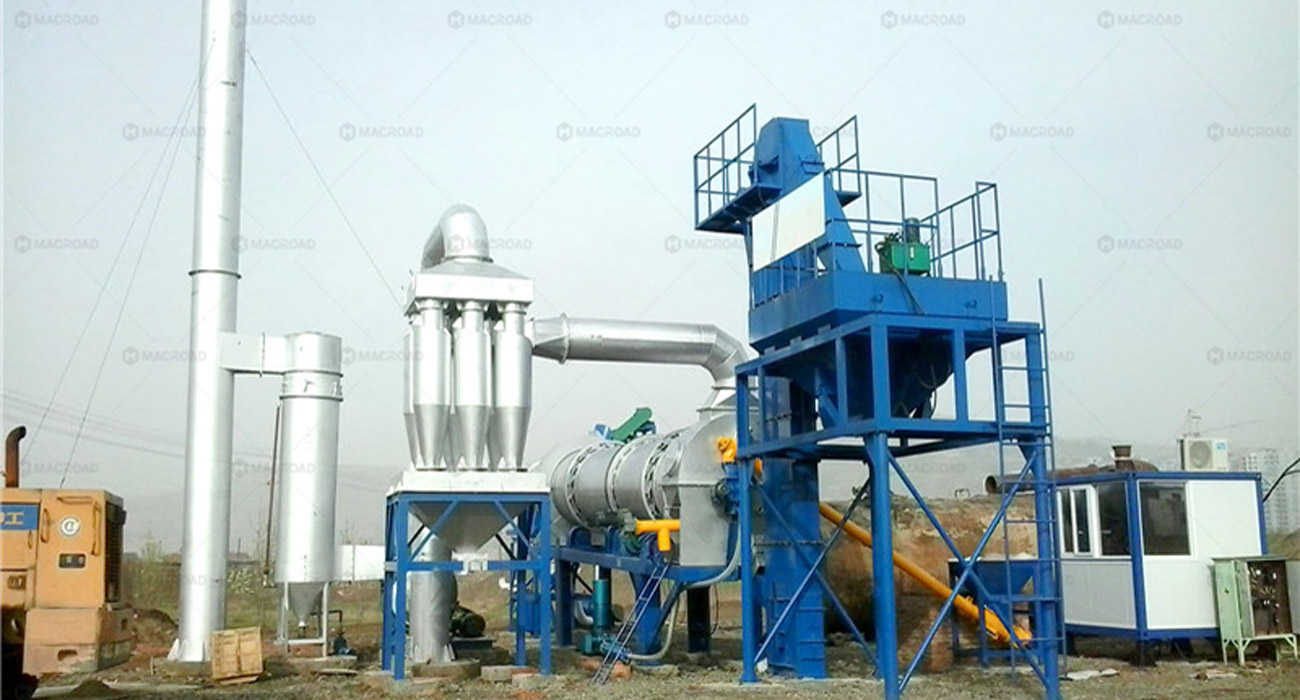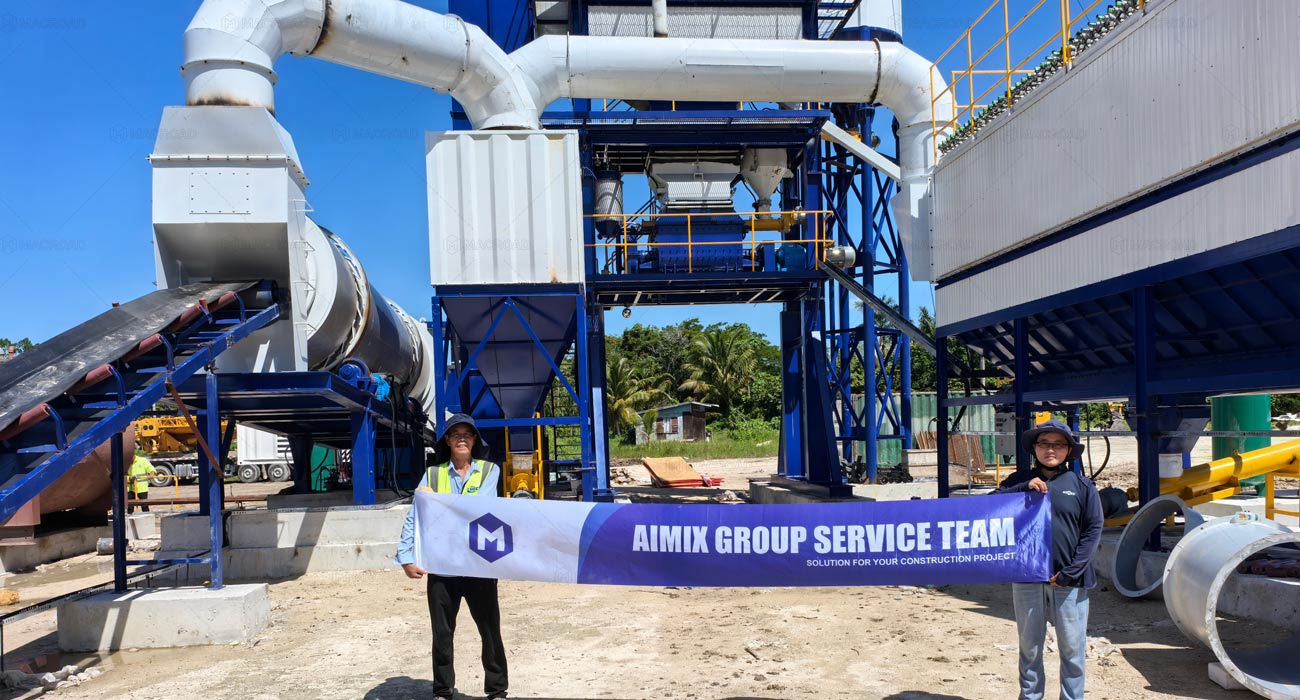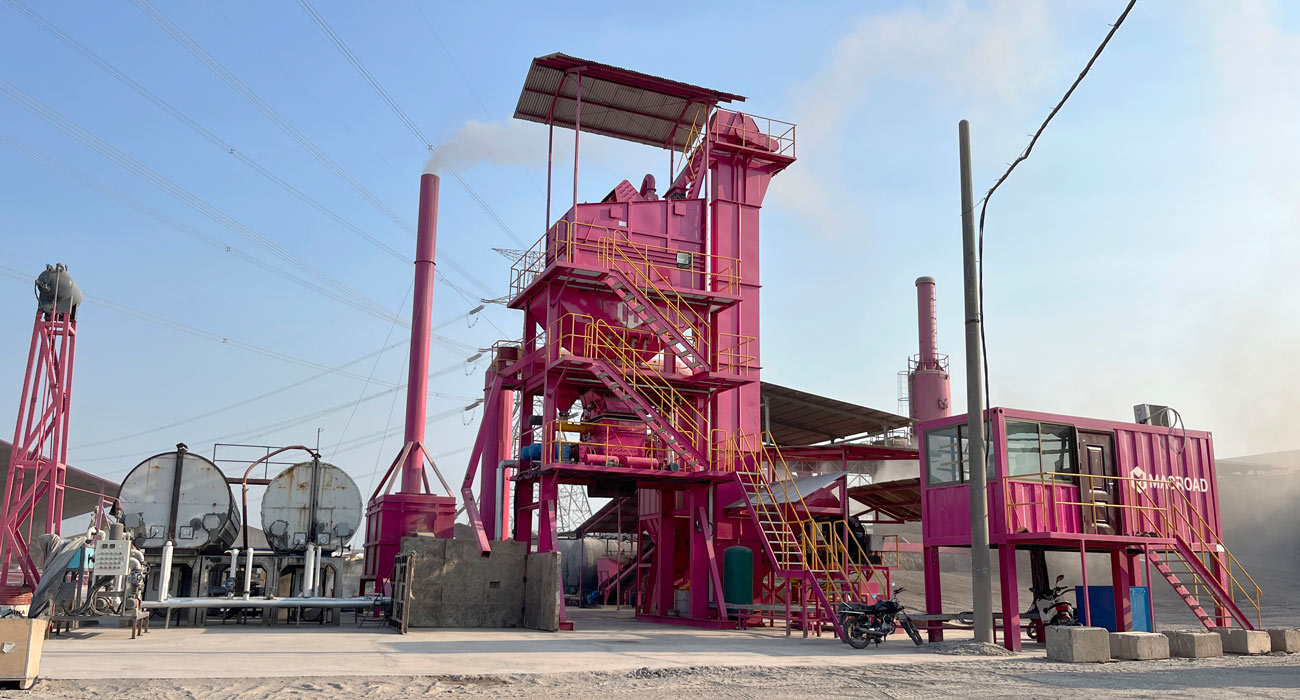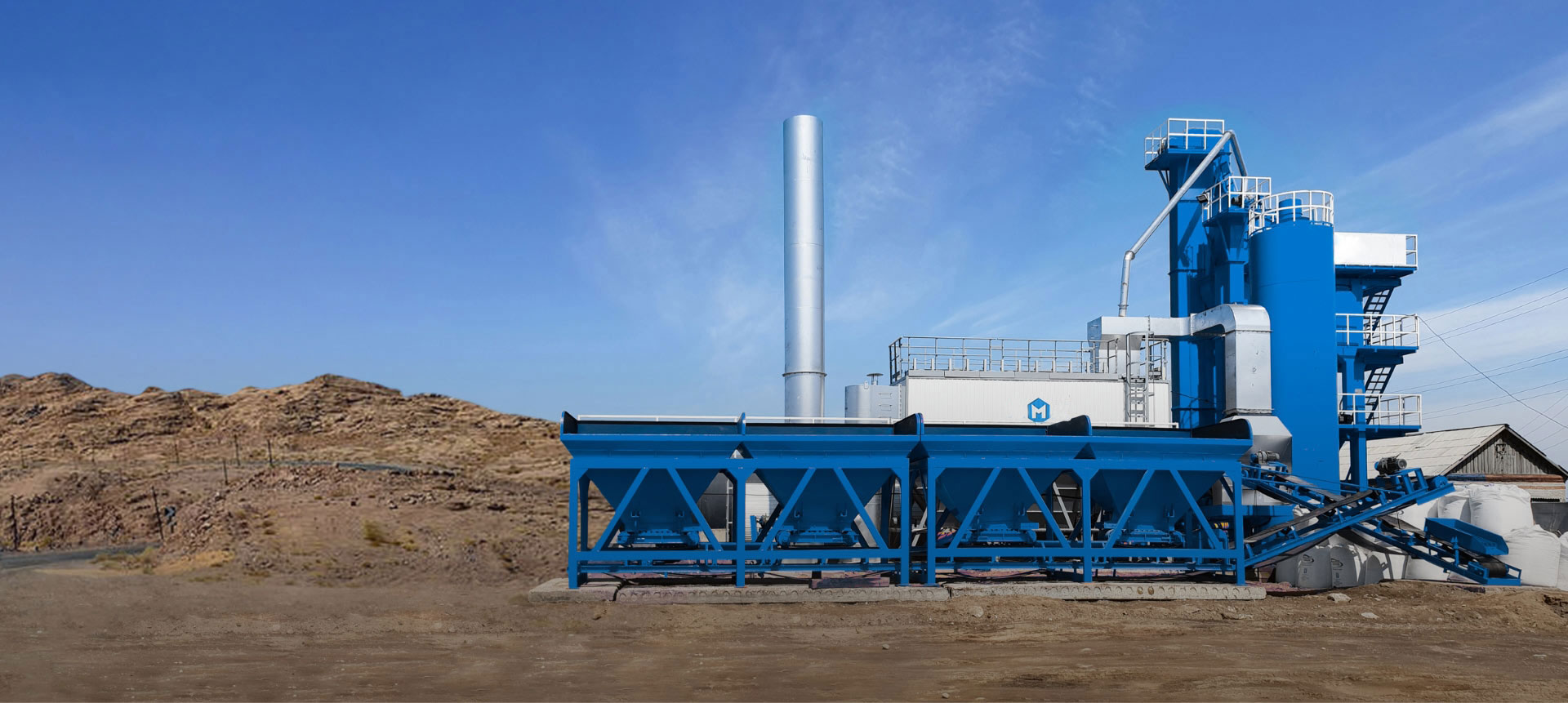Nano-coating technology is making significant strides in the asphalt industry, particularly in addressing scaling issues in pipelines within asphalt mixing plants. This innovative approach not only enhances the efficiency of operations but also contributes to the longevity of equipment. This article explores the application effects of nano-coating technology in preventing scaling, focusing on user-centric benefits and overall impacts on asphalt production.

Understanding Nano-Coating Technology
Nano-coating technology involves the application of a thin layer of nanomaterials to surfaces, creating a protective barrier that significantly reduces the adhesion of unwanted materials, such as mineral deposits. In asphalt mixing plants, where pipelines are exposed to high temperatures and various aggregates, scaling can become a critical issue. The smooth, hydrophobic nature of nano-coatings helps to minimize friction and prevent the buildup of these deposits, ensuring that operations run smoothly.
For asphalt plant suppliers like Macroad, integrating nano-coating technology into their offerings can enhance the reliability and performance of mixing plants. By preventing scaling, facilities can maintain optimal flow rates, reducing the risk of blockages that can lead to costly downtime. This is particularly important for various types of asphalt mixing plants, including fixed and mobile units, where consistent performance is essential for meeting production demands.

Enhancing Efficiency and Reducing Maintenance Costs
The implementation of nano-coating technology has a direct impact on operational efficiency in asphalt mixing plants. With reduced scaling, the need for manual cleaning and chemical treatments is significantly decreased. This not only saves time but also lowers maintenance costs, allowing operators to allocate resources more effectively. For instance, using an asphalt mixer machine equipped with nano-coated pipelines can streamline production processes and enhance overall output.
Moreover, the enhanced efficiency provided by nano-coatings means that asphalt mixing plants can operate at optimal temperatures without the fear of scaling-related disruptions. This is especially beneficial for asphalt drum mix plants, where maintaining precise temperature control is crucial for producing high-quality asphalt. The long-term benefits of reduced maintenance and improved performance contribute to overall cost savings, making it an attractive option for operators.

Supporting Sustainable Practices
Beyond operational advantages, nano-coating technology aligns with the industry’s growing focus on sustainability. By minimizing scaling, the technology helps extend the lifespan of pipelines and reduces the frequency of replacements, thereby decreasing waste. Asphalt plants in Malaysia and other regions are increasingly adopting such innovative solutions to comply with environmental regulations and promote sustainable practices.
Additionally, the durability provided by nano-coatings contributes to better performance in varying environmental conditions. This adaptability ensures that asphalt mixing plants can maintain high-quality standards, regardless of external factors. As the industry continues to evolve, the integration of technologies like nano-coating will be essential for improving both productivity and sustainability in asphalt production.
In conclusion, the application of nano-coating technology in anti-scaling for asphalt mixing plant offers substantial benefits. By enhancing operational efficiency, reducing maintenance costs, and supporting sustainable practices, this innovative solution is transforming how asphalt mixing facilities manage scaling issues. As the demand for high-quality asphalt continues to grow, embracing advanced technologies like nano-coating will be crucial for ensuring the long-term success of asphalt production operations.
